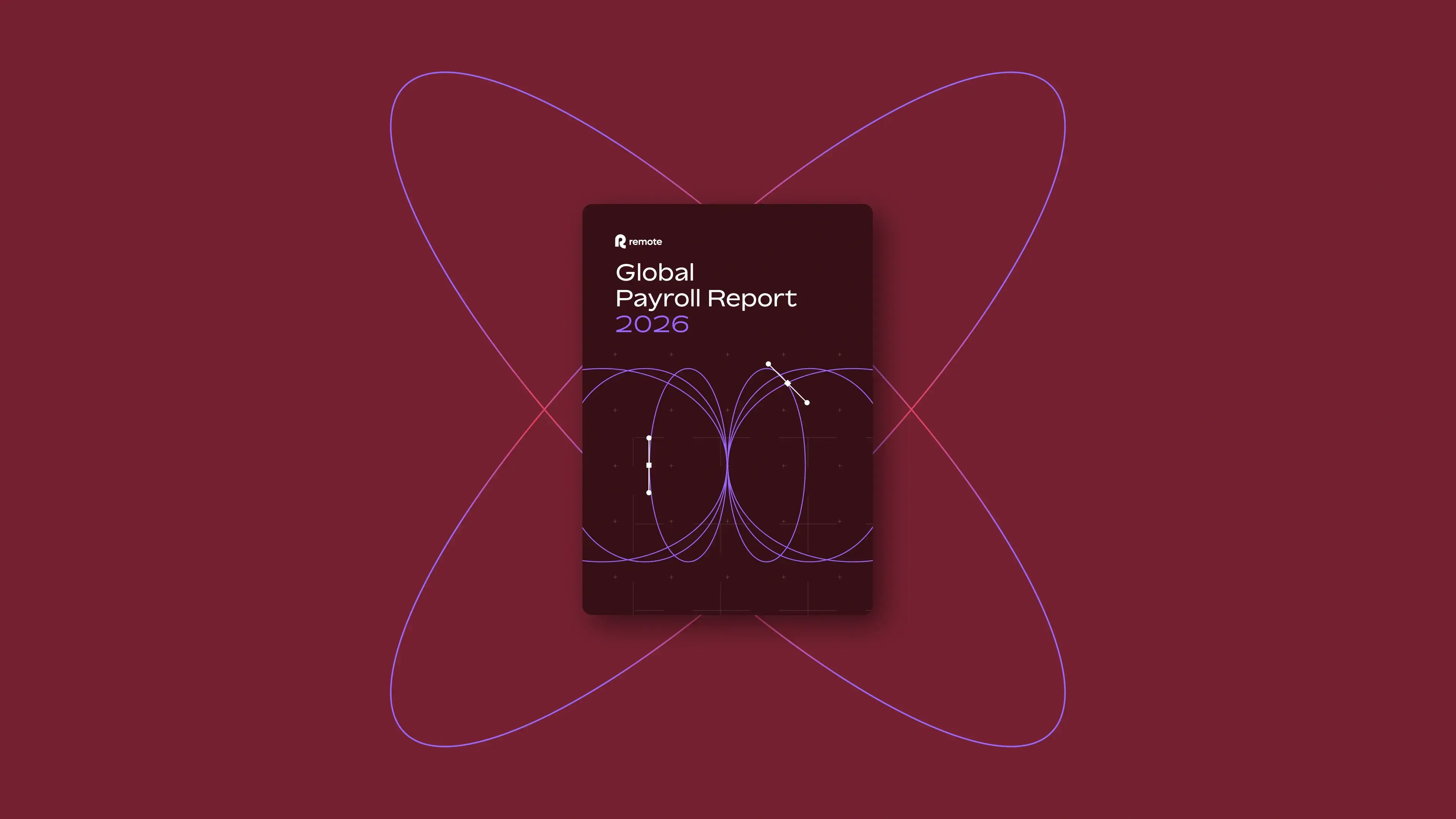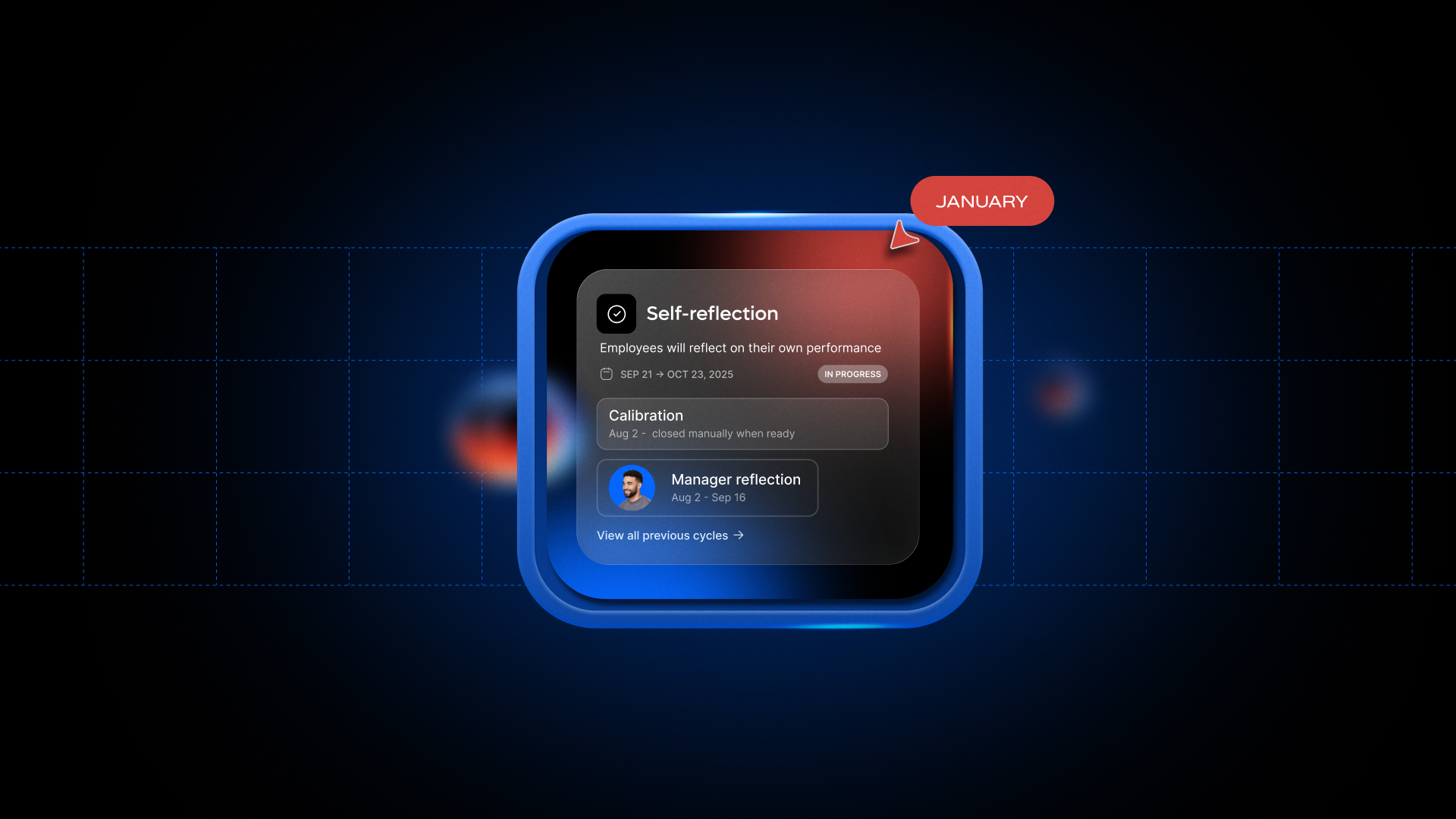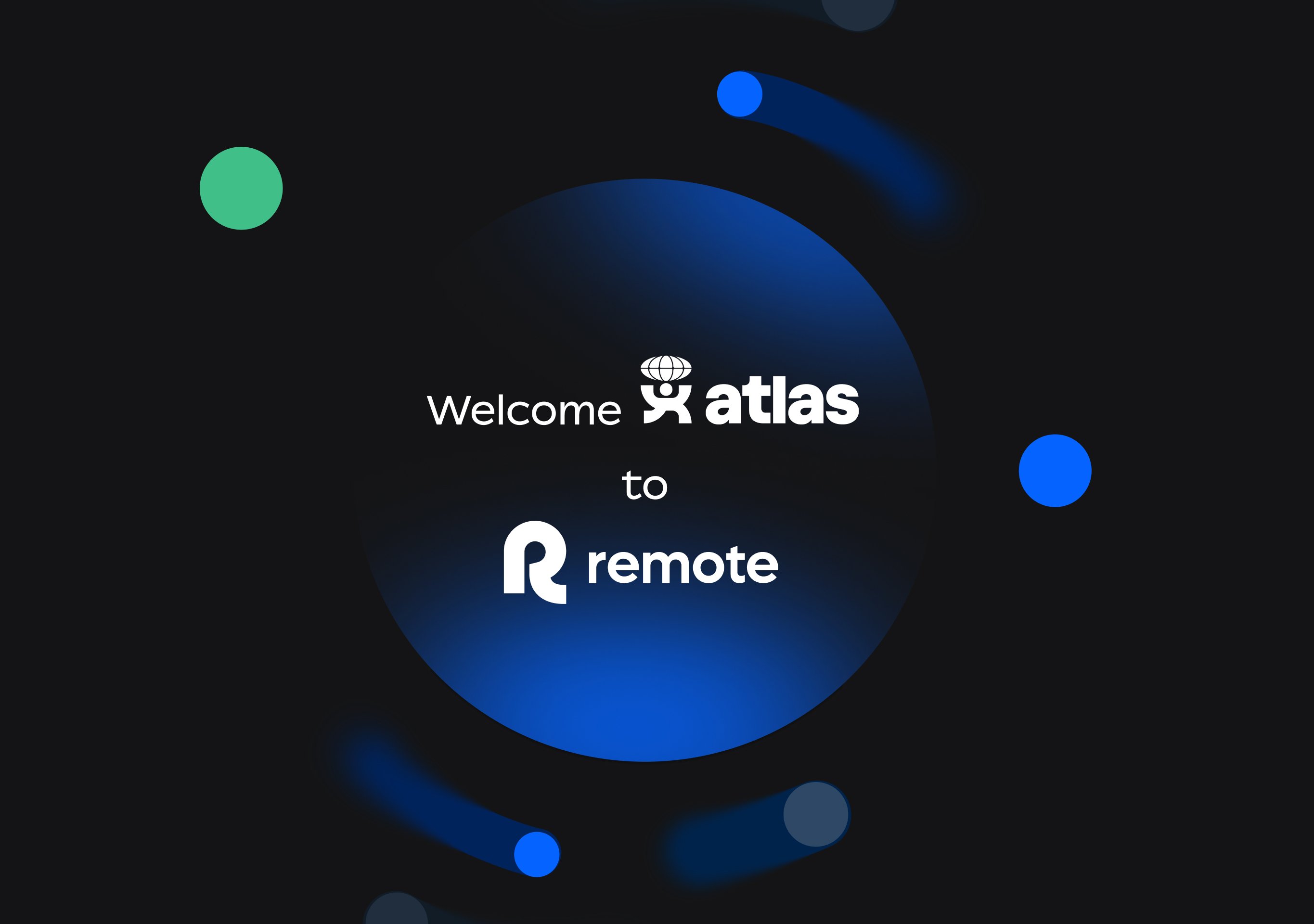%20Blog%20Images/Blog%20Images/A%20wrong%20way%20sign%20among%20trees%20tells%20you%20to%20consider%20your%20approach!.jpg)
Employee and independent contractor misclassification: Expert guide
Avoiding employee misclassification is more about actions than intent. If you treat a worker like an employee, regulators may classify them as an... continue readingFebruary 25, 2026
Recent stories
Subscribe for the latest updates
Sign up for our newsletter to get the inside scoop on all things remote work and global employment.
%20Logos%20Library/(Approved)%20Trust%20symbols/lg-xs-g2-reviews-book-demo.webp?width=112&height=114&name=lg-xs-g2-reviews-book-demo.webp)
%20Logos%20Library/(Approved)%20Trust%20symbols/lg-xs-trustpilot-reviews-book-demo.webp?width=122&height=114&name=lg-xs-trustpilot-reviews-book-demo.webp)
%20Logos%20Library/(Approved)%20Trust%20symbols/lg-xs-capterra-reviews-book-demo.webp?width=118&height=114&name=lg-xs-capterra-reviews-book-demo.webp)
%20Illustration%20Library/051-check-star-stamp.webp?width=132&height=128&name=051-check-star-stamp.webp)
%20Blog%20Images/Pedro%20Barros%20headshot.jpg)
%20Blog%20Images/Blog%20Images/Exempt%20and%20non-exempt%20employees.png)
%20Blog%20Images/Blog%20Images/1760x1224.png)
%20Blog%20Images/Blog%20Images/What%20are%20the%20two%20classes%20of%20stock%3F%20A%20guide%20for%20small%20businesses.jpg)
%20Blog%20Images/Blog%20Images/An%20older%20woman%20pensively%20fills%20out%20a%20form.jpg)
%20Blog%20Images/Blog%20Images/Work%20from%20home%20stipends%20a%20guide%20for%20employers%20hero%20image.png)
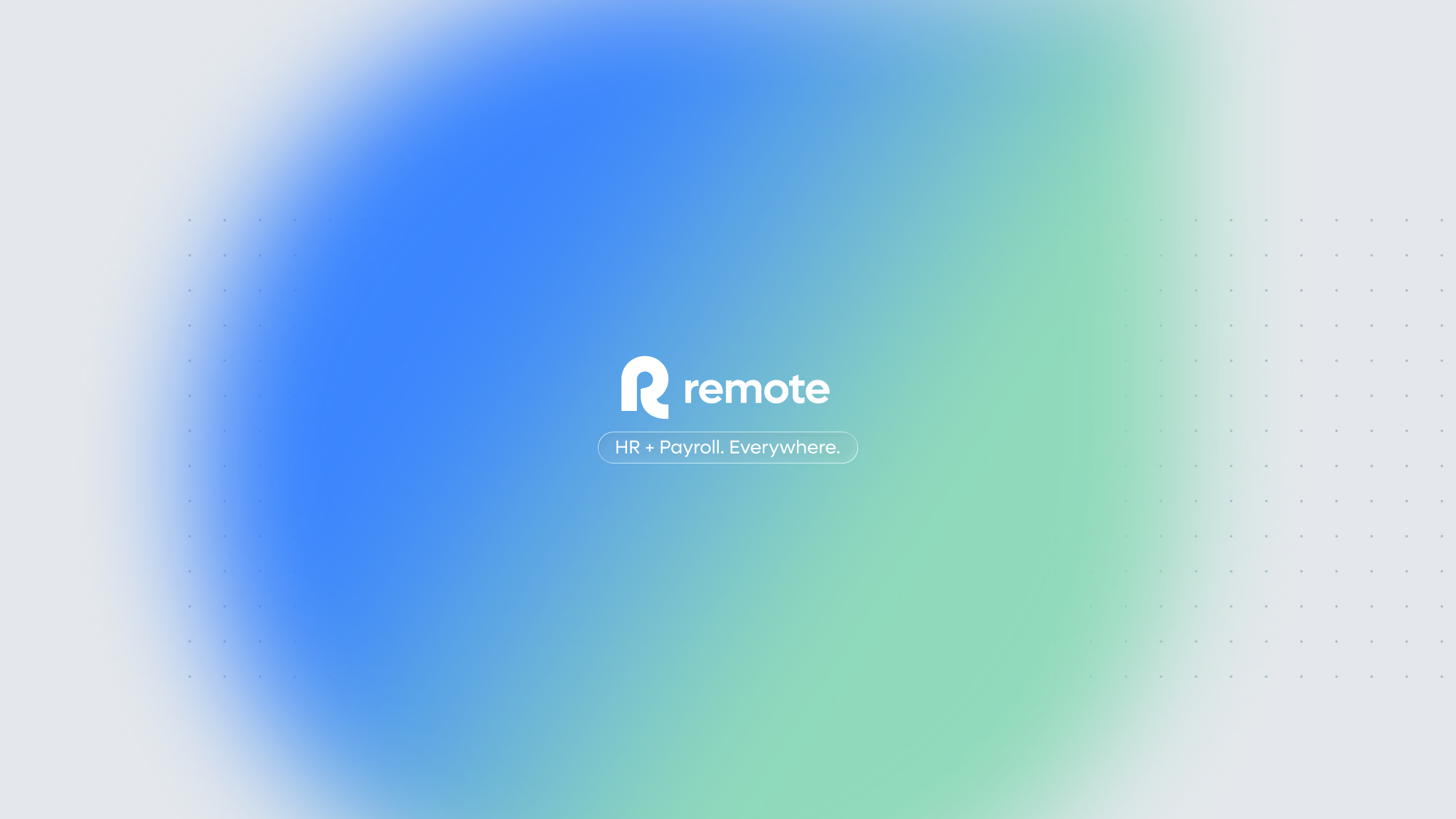
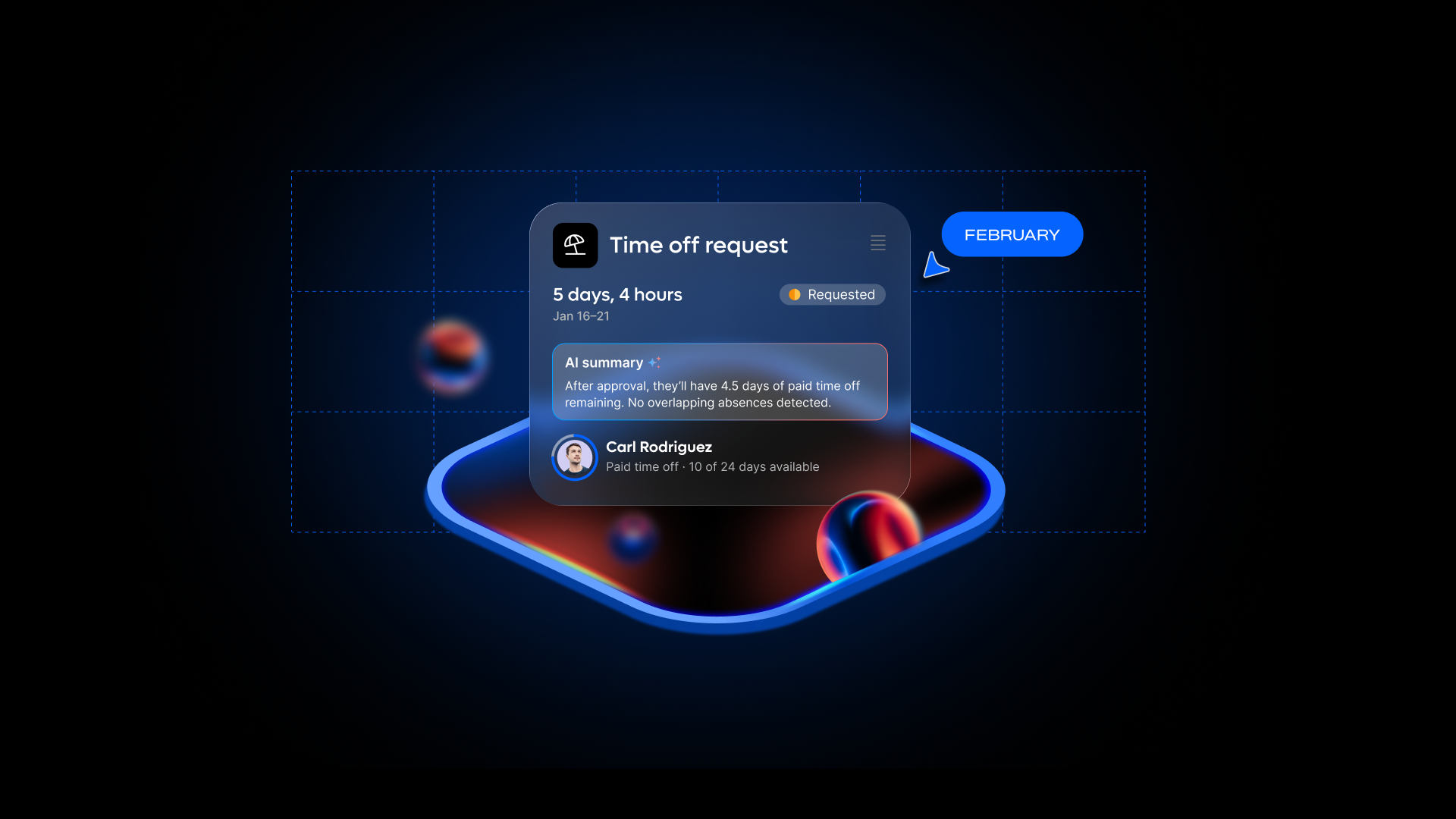
%20Blog%20Images/Blog%20Images/Calculating%20severance%20pay%20A%20guide%20for%20employers%20hero%20image.png)
